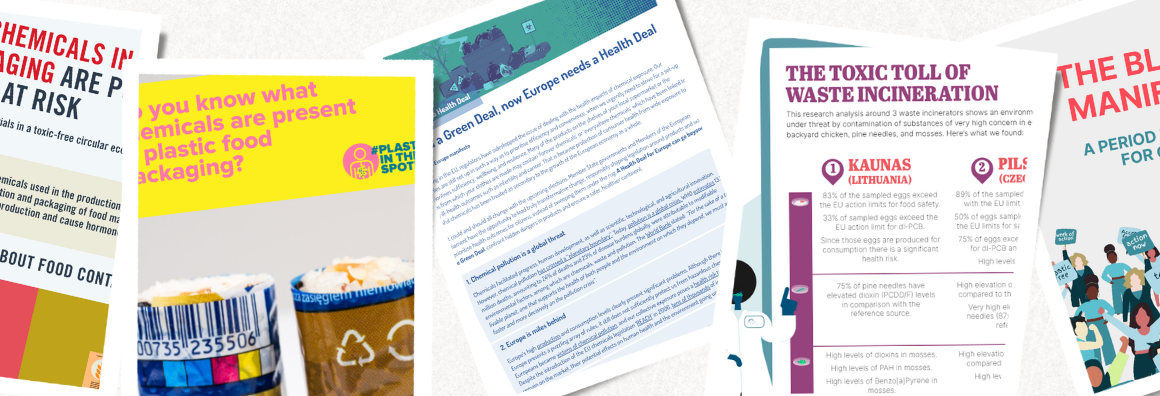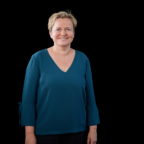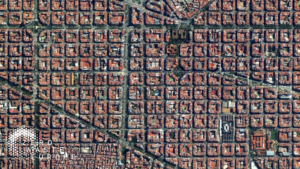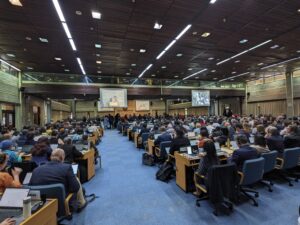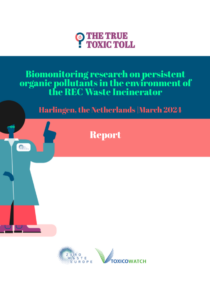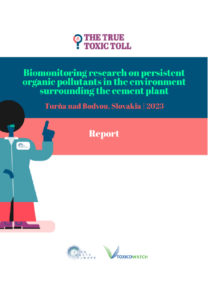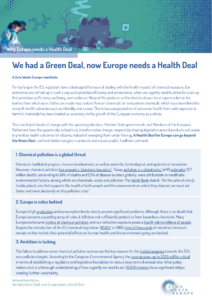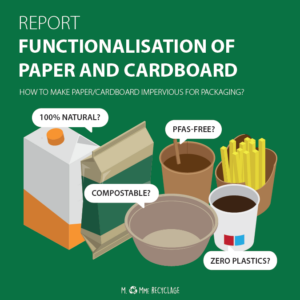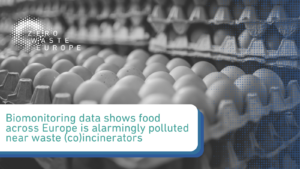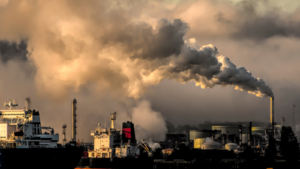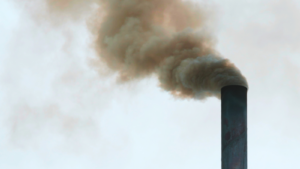Driving an ambitious agenda on health
Health
“We urgently need to address known and hidden chemical dangers in our products and waste, and have a safer economy that prioritises our health and wellbeing. The proven impact of chemicals on our health – and on that of future generations – shows that we cannot simply keep polluting and clean up later. Later is simply too late.” – Dorota Napierska, Toxic-free circular economy Policy Officer at Zero Waste Europe
At Zero Waste Europe, our approach and work on health are twofold. On the one hand, we call for stricter regulations on chemicals in consumer products (particularly food packaging) to protect public health, especially among vulnerable groups. In parallel, our biomonitoring research highlights the health risks of waste incineration, aiming to drive policy changes for safer waste management practices.
A toxic-free circular economy: packaging and health
We advocate for safe food packaging. Food packaging, as well as many other Food Contact Materials (FCMs), can be made of plastics, ceramics, paper or cardboard, metal, or glass – or a combination of the above. More novel materials include bamboo, bio-based or “compostable” plastics, and other so-called “green” materials. Most of us assume that the products we buy at the shop to store and use to cook our food have been tested and deemed safe to use. Unfortunately, this is not always the case, and scientists and civil society spoke out: chemicals in food packaging can make us sick.
Everyday food packaging and other FCMs may contain hazardous chemicals, including endocrine-disrupting chemicals, which leak into our food and enter our bodies. These chemicals can – and must be – avoided.
The European Union’s regulation of food-contact materials is over 40 years old and has not kept up with science and consumer needs. We need decision-makers to take bold action on hazardous chemicals through restrictions and new regulations.
Importantly, the EU needs to do more to protect from harmful chemicals all vulnerable groups, especially children and women – which lack sufficient legislative protection, despite many promises over the last years.
In parallel, ZWE plays a major role in putting solutions for reusable food packaging at the top of the European and overseas agenda – especially in sectors such as beverages and takeaway food and drinks. One of the mandatory criteria needed for such packaging to succeed is guaranteed safety. We therefore plan to study chemicals that can be found in reusable packaging currently used in different European cities, and recommend any needed improvements.
The health impact of waste incinerators
Waste incinerator is not only an undesirable waste management practice but also very harmful to our health.
Communities living in the vicinity of incinerators must be informed of the effects of incinerator emissions on their lives. Through our comprehensive biomonitoring research, Zero Waste Europe is leading the efforts to expose the true health impacts of waste incineration across Europe.
By examining pollutants in various environmental sources — such as soil, water, vegetation, and especially backyard chicken eggs — our research uncovers the concentrations of persistent organic pollutants (POPs) emitted by waste-to-energy facilities. These pollutants include dioxins, PFAS, and heavy metals, which are known to be toxic and harm both human health and the environment.
Our work not only quantifies the levels of these harmful substances, but also maps their distribution in the vicinity of incinerators. With this, we provide clear, empirical data on the direct impact of waste incineration on surrounding communities. Our research findings are a critical advocacy tool, driving policy change towards a toxic-free circular economy and fostering collaboration with governmental bodies to implement safer waste management practices. Through this scientific approach, Zero Waste Europe is committed to protecting public health and moving towards a more sustainable and waste-free future.
